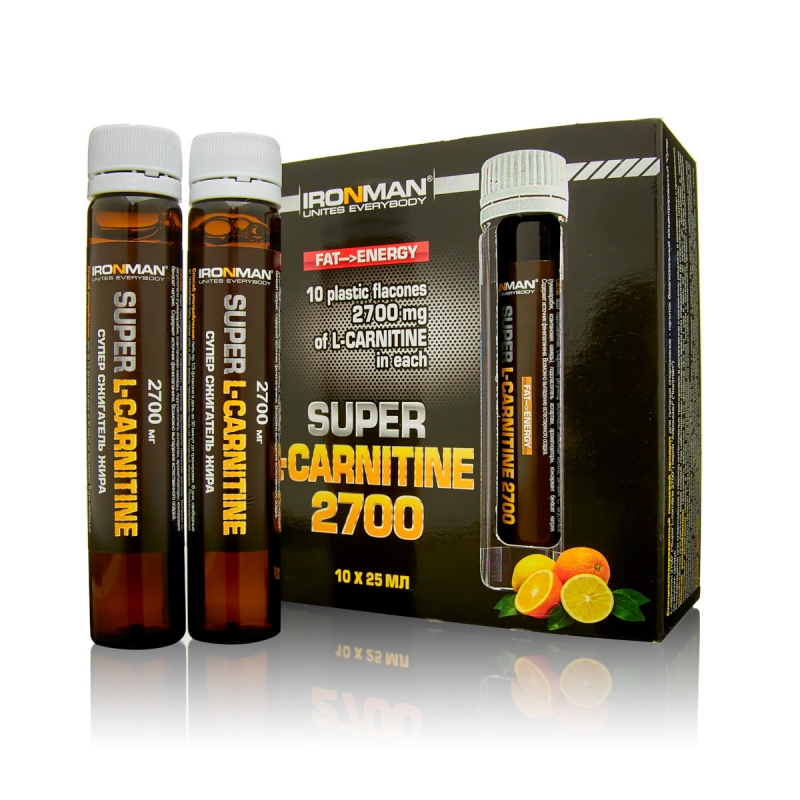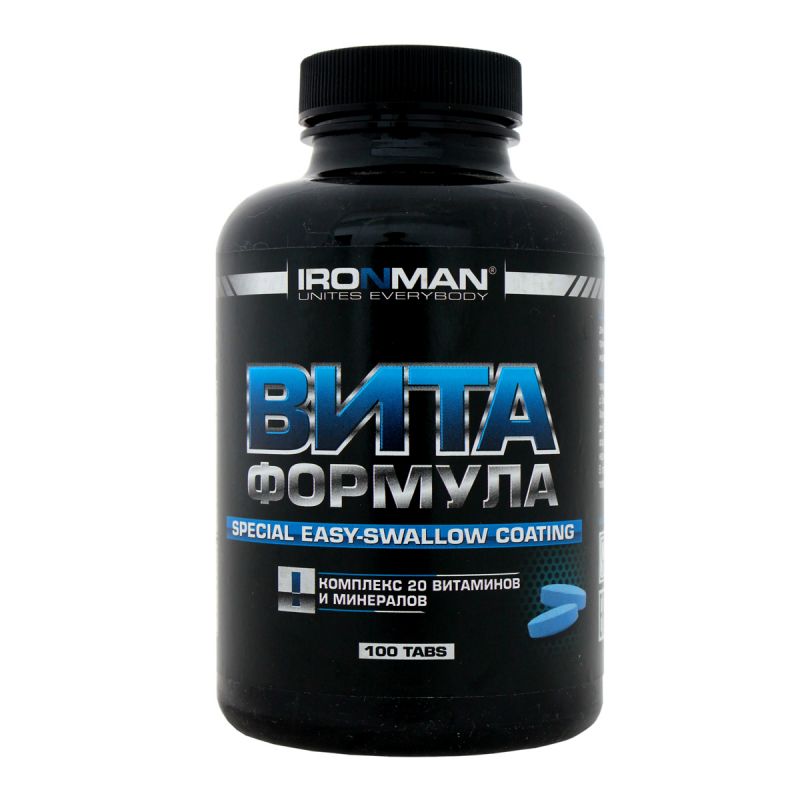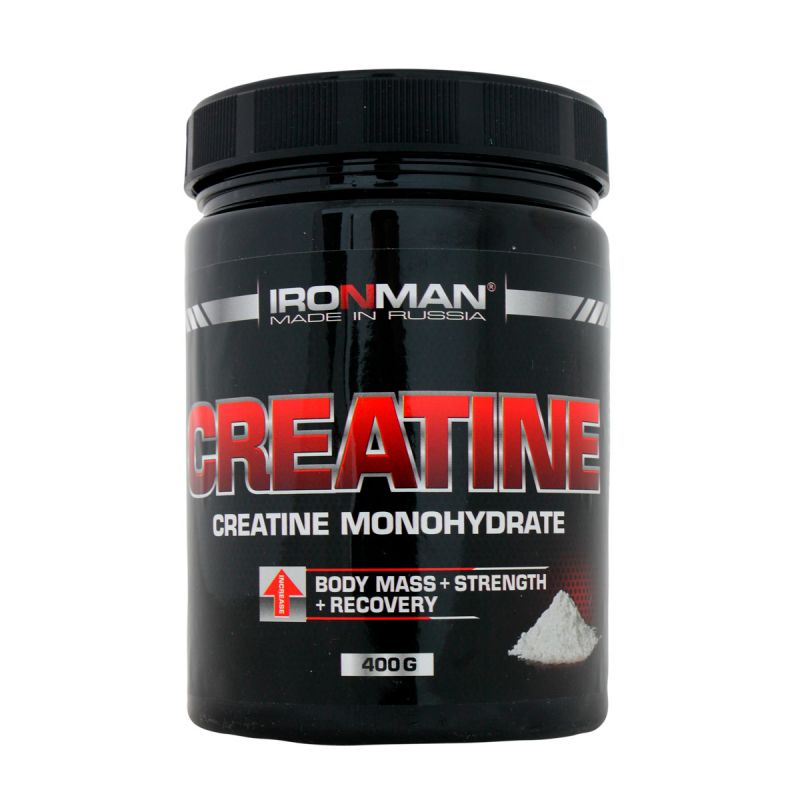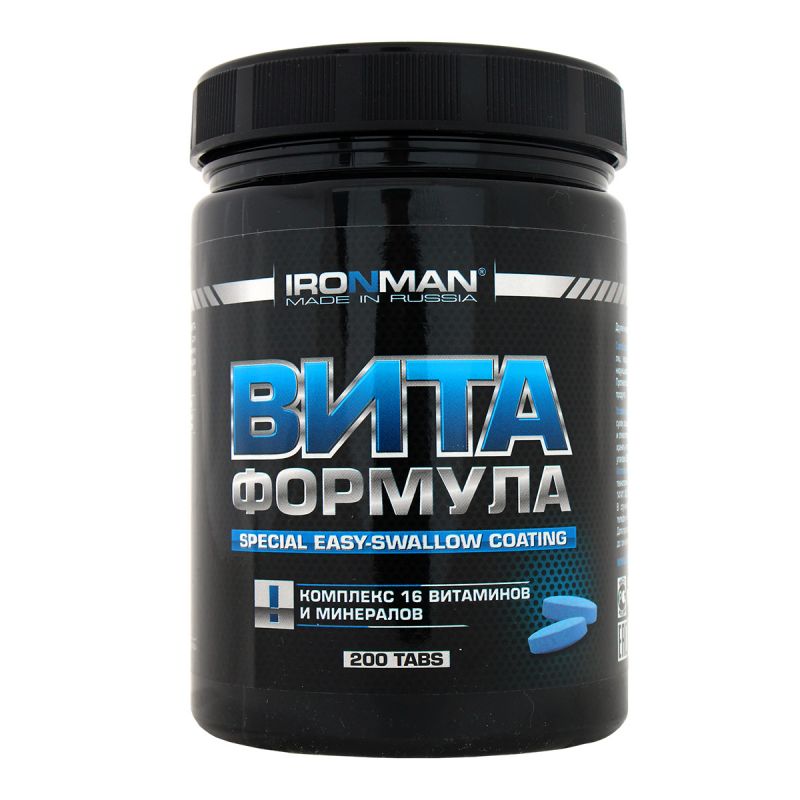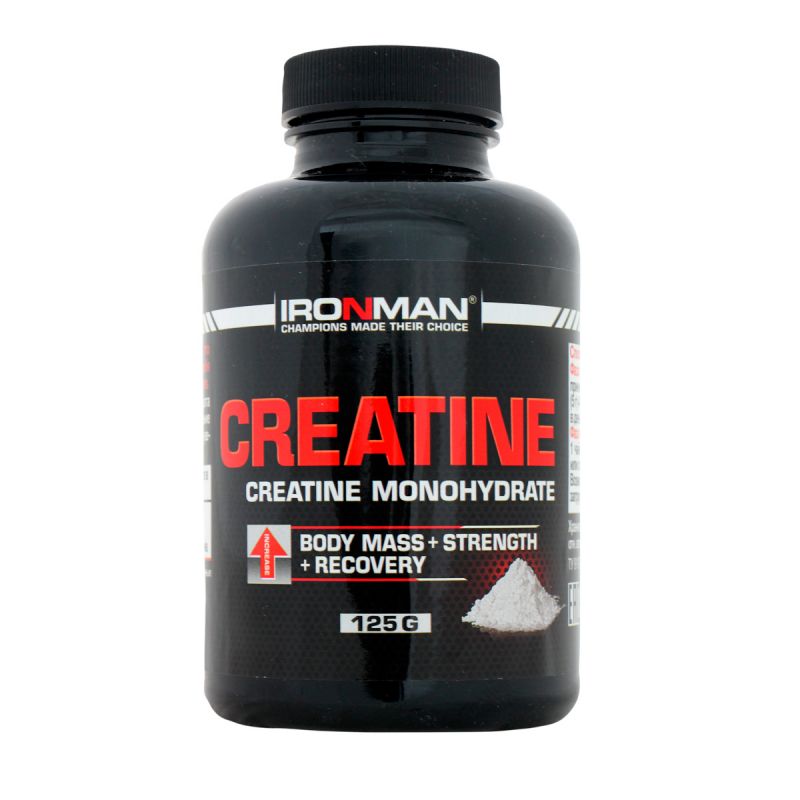Инсулин, питание и здоровье
24.07.2018
Совет №6. Потребляйте основные нутриенты в адекватном количестве
Кроме рыбьего жира, содержащего омега-3 жиры, основные нутриенты, поддерживающие чувствительность к инсулину, – это магний, цинк и витамин D. Сделайте анализ уровня этих нутриентов для оптимизации инсулинового баланса. Выбирая добавку цинка, ищите смесь оротата и аспартата цинка. Выбирая добавку магния, ищите смесь соединений магния – магния оротат, фумарат, глицинат или таурат, так как они легче всего усваиваются организмом. Чтобы извлечь пользу из витамина D, принимайте до 2000 МЕ ежедневно.
Совет №7. Поддерживайте здоровый баланс инсулина с помощью пищевых добавок
Существует множество трав, минералов и антиоксидантов, которые улучшают инсулиновый баланс, либо улучшая связывание инсулина клетками, либо снижая уровень воспалений. Это пробиотики (улучшают абсорбцию глюкозы и расход энергии), витамин К (улучшает чувствительность к инсулину), карнитин (поддерживает сжигание жира), кофе (уменьшает воспаления и поддерживает усвоение глюкозы) и зелёный чай (снижает уровень воспалений).
Первоисточники:
Simopoulos, A. The Importance of the Omega-6/Omega-3 Fatty Acid Ratio in Cardiovascular Disease and Other Chronic Diseases. Exploratory Biological Medicine. June 2008. 233(6), 674-688. Martin, C., Rosenbaum, D., et al. Change in Food Cravings, Food Preferences, and Appetite During a Low-Carbohydrate and Low-Fat Diet. Obesity. October 2011. 19(10), 1963-1970. Mozaffarian, D., Aro, A., Willett, W. Health Effects of Trans-Fatty Acids: Experimental and Observational Evidence. European Journal of Clinical Nutrition. 2009. 63(Suppl 2), 5-21. Simpopoulos, A.P. The Importance of the Ratio of Omega-6/Omega-3 Essential Fatty Acids. Biomedicine and Pharmacotherapy. 2002. 56, 365-379. Simopoulos, A., Norman, H., Gillespie, J. Purslane in Human Nutrition and its Potential for World Agriculture. World Review for Nutrition and Dietetics. 1995. 77, 47ñ74. Simopoulos, A., Salem, N. Purslane: A Terrestrial Source of Omega-3 Fatty Acids. New England Journal of Medicine. 1986. 315, 833-837. Wolever, T., Campbell, J., Geleva, D., Anderson, H. High-Fiber Cereal Reduces Postprandial Insulin Responses in Hyperinsulinemic but not Normoinsulinemic Subjects. Diabetes Care. June 2004. 27(6), 1281-1285. Granfeldt, T., Bjorck, I. A Bilberry Drink with Fermented Oatmeal Decreases Postprandial Insulin Demand in Young Healthy Adults. Nutrition Journal. May 2011.10, 57. Torronen, R., Sarkkinen, E., Tapola, N., Hautaniemi, E., Kilpi, K., Niskanen, L. Berries Modify the Postprandial Plasma Glucose Response to Sucrose in Healthy Subjects. British Journal of Nutrition. April 2010. 103(8), 1094-1097. Clegg, M., Pratt, M., Meade, C., Henry, C. The Addition of Raspberries and Blueberries to a Starch-Based Food Does not Alter the Glycaemic Response. British Journal of Nutrition. August 2011. 106, 335-338. Sun, F., Wong, S., et al. Substrate Utilization During Brisk Walking is affected by Glycemic Index and fructose Content of a Pre-Exercise Meal. European Journal of Applied Physiology. November 2011. Published Ahead of Print. Kokavec, A., Halloran, M. Consuming a Small-Moderate Dose of Red Wine Alone Can alter the Glucose-Insulin Relationship. Canadian Journal of Physiology and Pharmacology. December 2010. 88(12), 1147-1156. Cox, C., Stanhope, K., et al. Consumption of Fructose-Sweetened Beverages for 10 Weeks Reduces Net Fat Oxidation and Energy Expenditure in Overweight/Obese Men and Women. European Journal of Clinical Nutrition. September 2011. Published Ahead of Print. Mikus, C., Oberlin, D., Libla, J., Taylor, A., Booth, F., Thyfault, J. Lowering Physical Activity Impairs Glycemic Control in Healthy Volunteers. Medicine and Science in Sports and Exercise. June 2011. Published Ahead of Print. Thyfault J., Booth, F., Lack of Regular Physical Exercise or too Much Inactivity. Current Opinion in Clinical Nutrition and Metabolic Care. July 2011. 14(4), 374-378. Von Hurst, P., Stonehouse, W., Coad, J. Vitamin D supplementation reduces insulin resistance in South Asian women living in New Zealand who are insulin resistant and vitamin D deficient ñ a randomized, placebo-controlled trial. British Journal of Nutrition. 2009. 4(103), 549 ñ 555. Pittas, A., Lau, J., Hu, F., Dawson-Hughes, B. The role of vitamin D and calcium in type 2 diabetes. A systematic review and meta-analysis. Journal of Clinical Endocrinology and Metabolism. 2007. 92, 2017-2029.
Источник: main.poliquingroup.com
